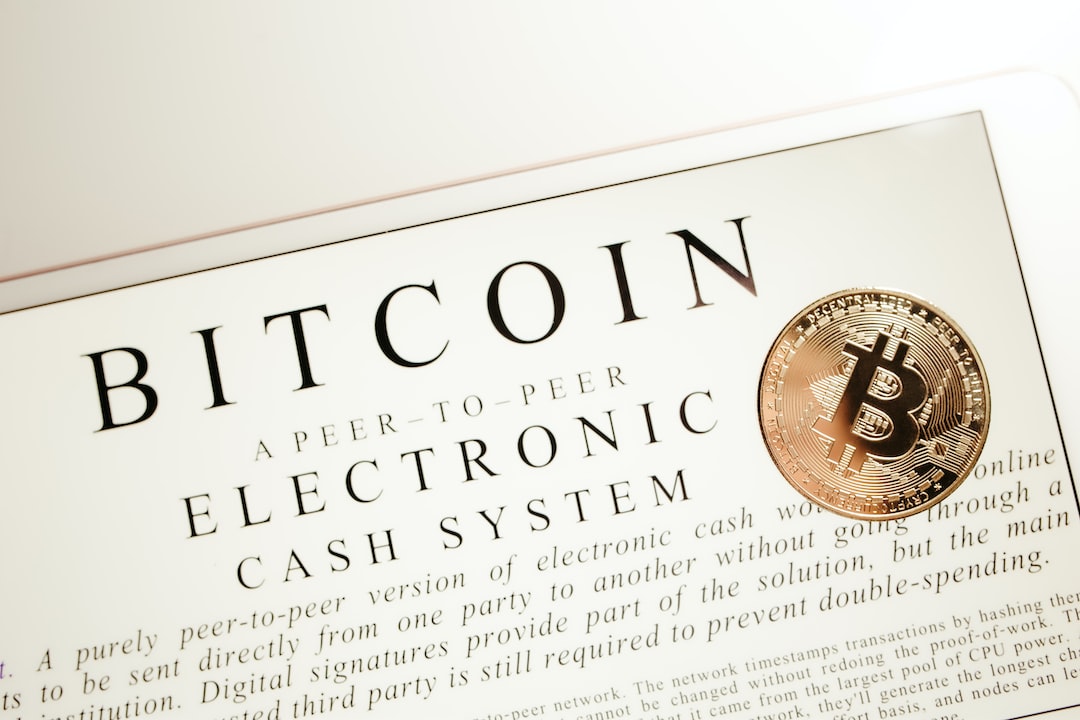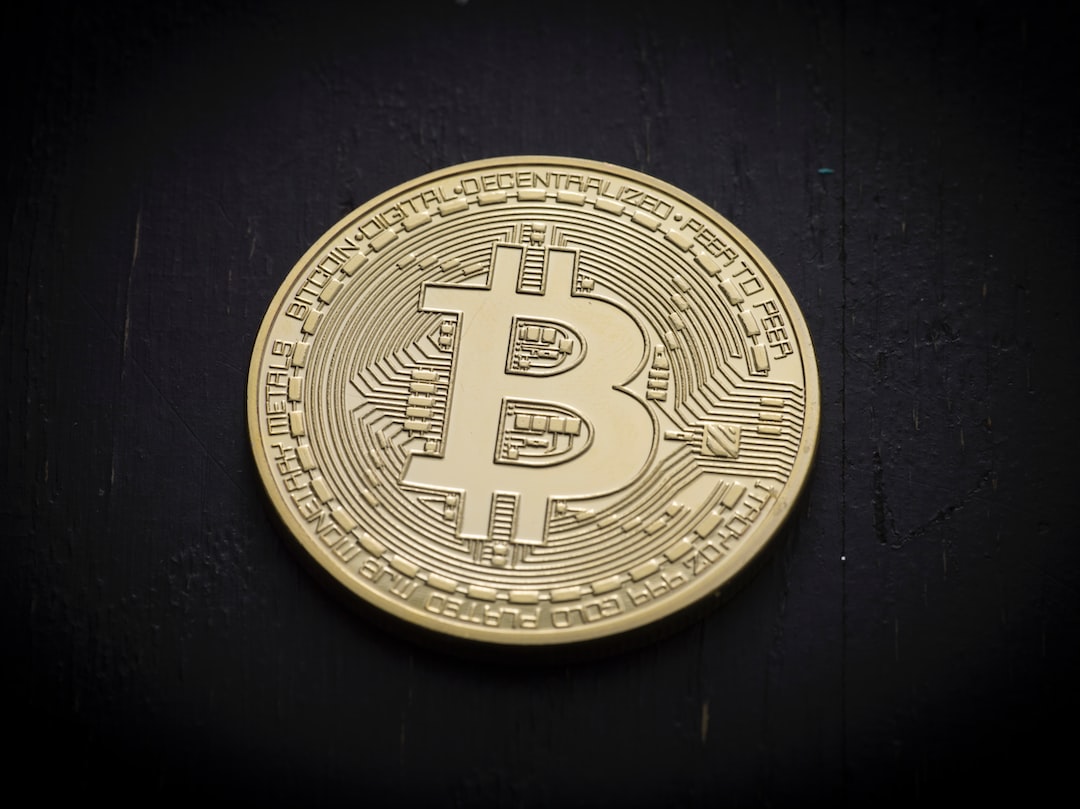The U.S. Supreme Court to Hear Coinbase Case on Dogecoin Sweepstakes
The U.S. Supreme Court has announced that it will hear a case involving Coinbase and whether a dispute related to a Dogecoin sweepstakes can be resolved through arbitration. This decision comes after Judge Sallie Kim denied Coinbase’s motion to take the dispute to arbitration almost a year ago. Arbitration is often preferred by companies due to its cost-effectiveness and quicker resolution.
The Case Details
The case involves two separate contracts, one that calls for arbitration and another that requires resolution in a California court. A Coinbase user named David Suski participated in the Dogecoin Sweepstakes and agreed to an arbitration provision in the user agreement. However, he also opted into a separate set of official rules for the sweepstakes, which stated that any controversies would be under the exclusive jurisdiction of California courts.
Coinbase argued that the user agreement should take precedence over the official rules, but the California judge disagreed.
Two Consecutive Cases
It is uncommon for a company to have two cases brought before the U.S. Supreme Court in consecutive terms. Last June, the court decided to pause litigation involving Abraham Bielski while lower courts determine whether the case should be settled through arbitration or in court.
Jessica Lynn Ellsworth, outside counsel for Coinbase, noted that the U.S. Supreme Court does not frequently take on cases involving commercial business interests.
The upcoming hearing for the Coinbase case is expected to take place in spring 2024.
Hot Take: U.S. Supreme Court’s Involvement Could Set Precedent for Crypto Disputes
The U.S. Supreme Court’s decision to hear the Coinbase case on resolving a dispute related to a Dogecoin sweepstakes through arbitration or in court could have significant implications for the crypto industry. The court’s ruling may set a precedent for how similar disputes are handled, potentially impacting the use of arbitration provisions in user agreements and the jurisdiction of courts in such cases. This development highlights the increasing legal complexities surrounding cryptocurrencies and underscores the need for clear and comprehensive regulations to address these issues.





 By
By
 By
By

 By
By
 By
By
 By
By